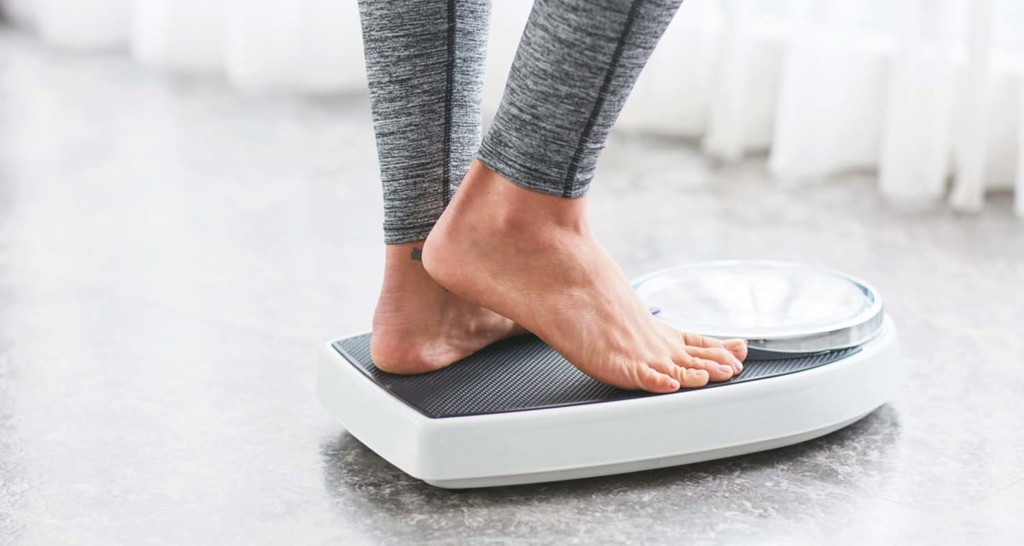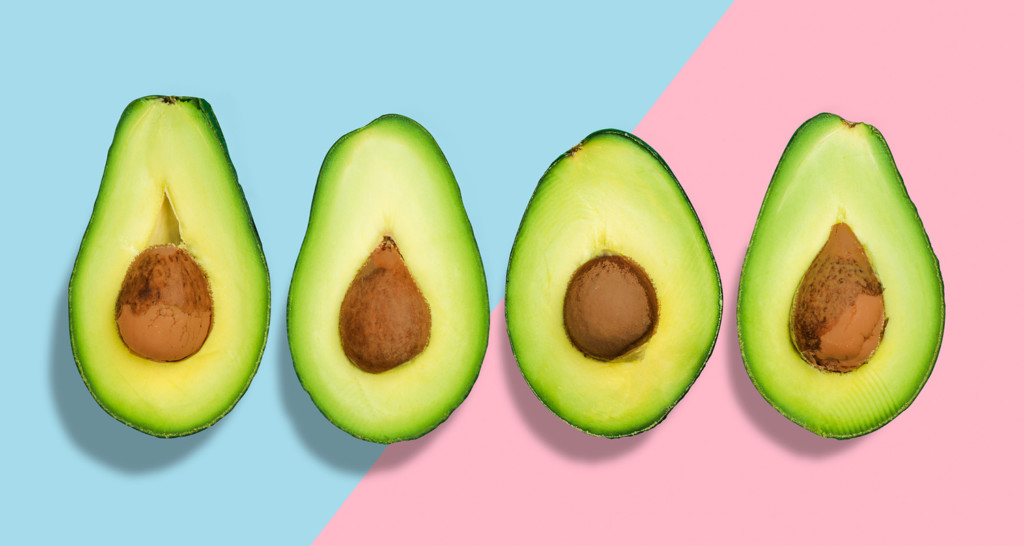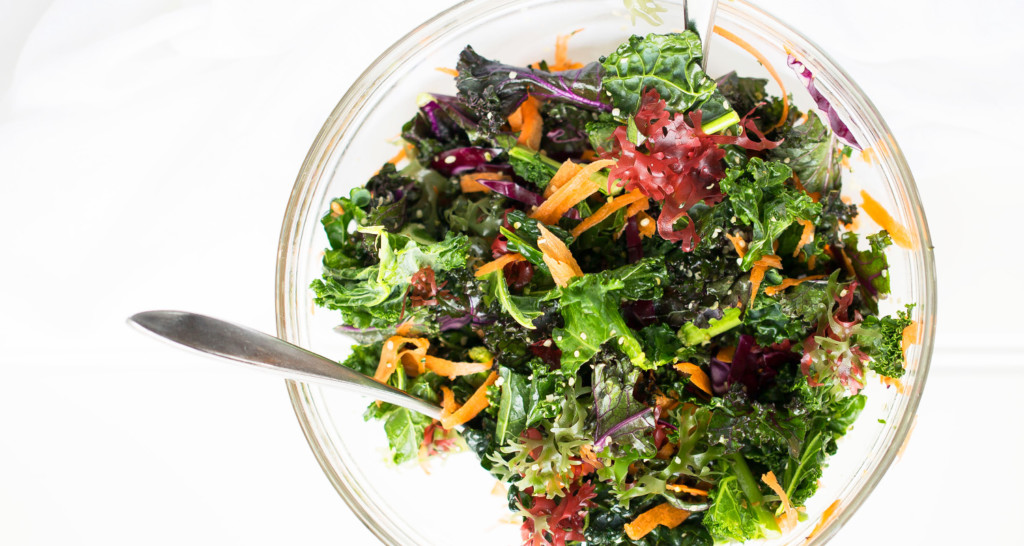[tldr]
- Meal prepping and storing leftovers is a great way to reduce waste and minimize decision fatigue.
- Some people are more sensitive to the histamines released by food as it sits in the fridge. As a rule of thumb, eat your leftovers within 3 – 4 days.
- Store food in a super-cold fridge with as little air in the container as possible. For the freshest food, stash it in the freezer.
[/tldr]
I’m all about streamlining your life to minimize decision fatigue. It’s the first law I talk about in my new book, “Game Changers”, and it’s part of the reason people love Bulletproof Coffee: When you don’t have to think about what to have for breakfast, you can focus on being productive and present all morning long.
What about your other meals, though? If you’re tired of wondering what to have for dinner, meal prep sounds like a dream. You cook once, and boom — your fridge is stocked with flavorful dishes like a gift from the food gods.
The problem is that not all food keeps well in the fridge. By the end of the week, your leftovers might make you feel bloated, foggy, and definitely not Bulletproof. If you want to learn how to meal prep like a pro, check out this beginner’s guide.
I’m going to answer a more pressing question: How long do leftovers last?
How long are leftovers good for?

Short answer: It depends. That sounds like a cop-out, but in reality, there are tons of variables that impact food freshness, like the way you store your meals and the quality of ingredients you use. Plus, some people are just more sensitive to leftovers.
Why? As food sits in your fridge, it releases compounds called histamines. Histamines can cause serious brain fog and fatigue, and at high concentrations, they lead to food poisoning.[ref url=”https://www.sciencedirect.com/science/article/pii/S096399699600066X”] [ref url=”https://link.springer.com/article/10.1007/s000110050463″] Learn more about histamines in fermented foods.
People have different levels of histamine sensitivity. That’s why one person can polish off that chicken that has been sitting in the fridge since Sunday without a problem, but another person can’t even stomach the thought.
Your best bet is to follow the FDA’s guidelines for safe food storage. As a rule of thumb, the colder your fridge, the longer your food will last. Anything that has been sitting in your fridge longer than 3 – 4 days is probably suspect.
How to preserve your leftovers
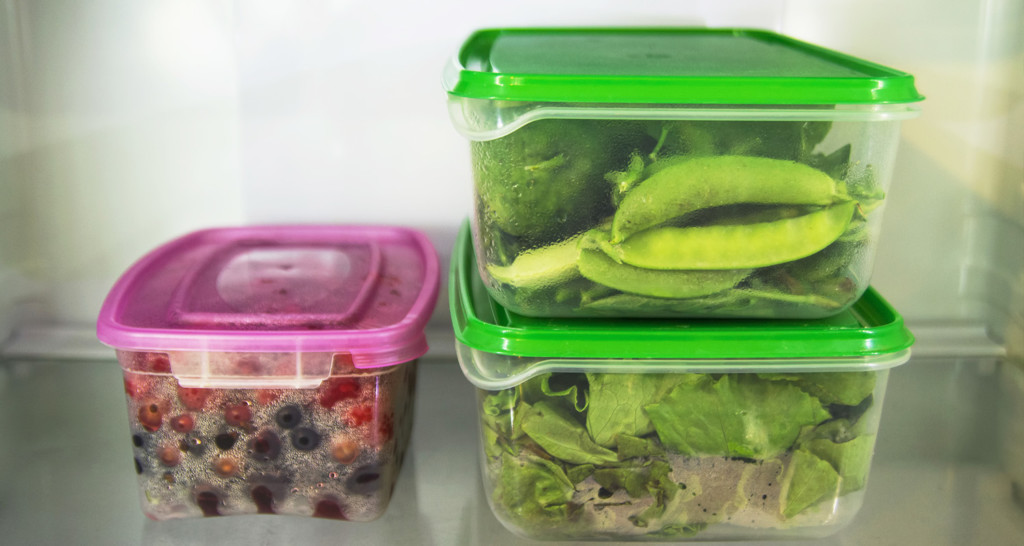
Think of storing leftovers as playing a game. Your goal is to minimize the surface area that has been exposed to bacteria, air, heat, and light. You want to reduce oxidation, the natural reaction that takes place when oxygen hits food. Oxidized food smells weird, tastes funky, even turns a different color.[ref url=”http://shelflifeadvice.com/faq/what-oxidation-and-how-does-it-alter-food-products”]
Oxidation doesn’t necessarily mean your food is rancid — but it speeds up the spoilage clock. It’s also why leftovers don’t taste as good as a freshly made meal. Whenever you store leftovers, leave as little air in the container as possible.
Here’s a quick-and-dirty look at preserving common prepped foods:
- Anything high in protein: Slice it when you’re going to use it. If you slice a hunk of roast beef on day one, you’re going to create way more surface area than if you just leave it whole and slice it throughout the week.
- Soups and stews: To minimize oxidation, store in a container with as little air as possible. Transfer it to a smaller container as you use it throughout the week.
- Salads: Layer wet ingredients like grape tomatoes and cucumber on the bottom of the container. Stack dry ingredients like lettuce greens on top. Check out this rainbow mason jar salad for a good example.
- Individual ingredients: Whether you’re dicing sweet potatoes for a recipe later in the week or slicing carrots for grab-and-go snacks, keep them in an airtight container and use them within 3 – 5 days.
Use your freezer
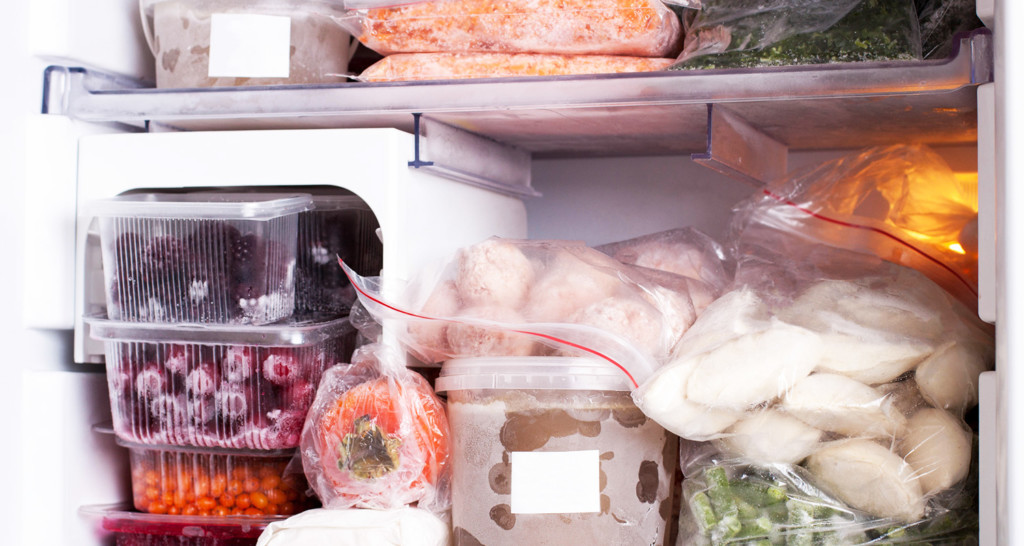
When it comes to storing leftovers long-term, the freezer is your best friend. If you make a big batch of chili or soup, let it cool completely, then freeze individual portions. The night before you want to eat it, put the container in your fridge to thaw. You’ll know it’s fresher than the stuff hanging out in the back of your fridge.
The same idea applies to vacuum sealing individual cuts of meat. Portion out your protein, vacuum seal it, and freeze for easy access to fresh meat. Check out this list of quick keto dinner ideas that take 30 minutes or less.
Heads up: The texture of some foods will change after a stint in the freezer. Don’t freeze crunchy ingredients like cucumber unless you like watery mush. Dishes made with coconut milk (or dairy, if you tolerate it) might separate when reheated.
The bottom line is, if you want to keep food for several days in the fridge, you’re simply not likely to feel as good on the fourth day as you do on the first and second day. To stay on the safe side, use leftovers within 3 – 4 days, and don’t be afraid to use your freezer.
Not sure how to use up those leftovers? Check out the Bulletproof recipe page for inventive ways to use prepared ingredients. This festive holiday plate is satisfying any time of year, and you can add your favorite vegetables to this chicken keto ramen or Paleo Buddha bowl.
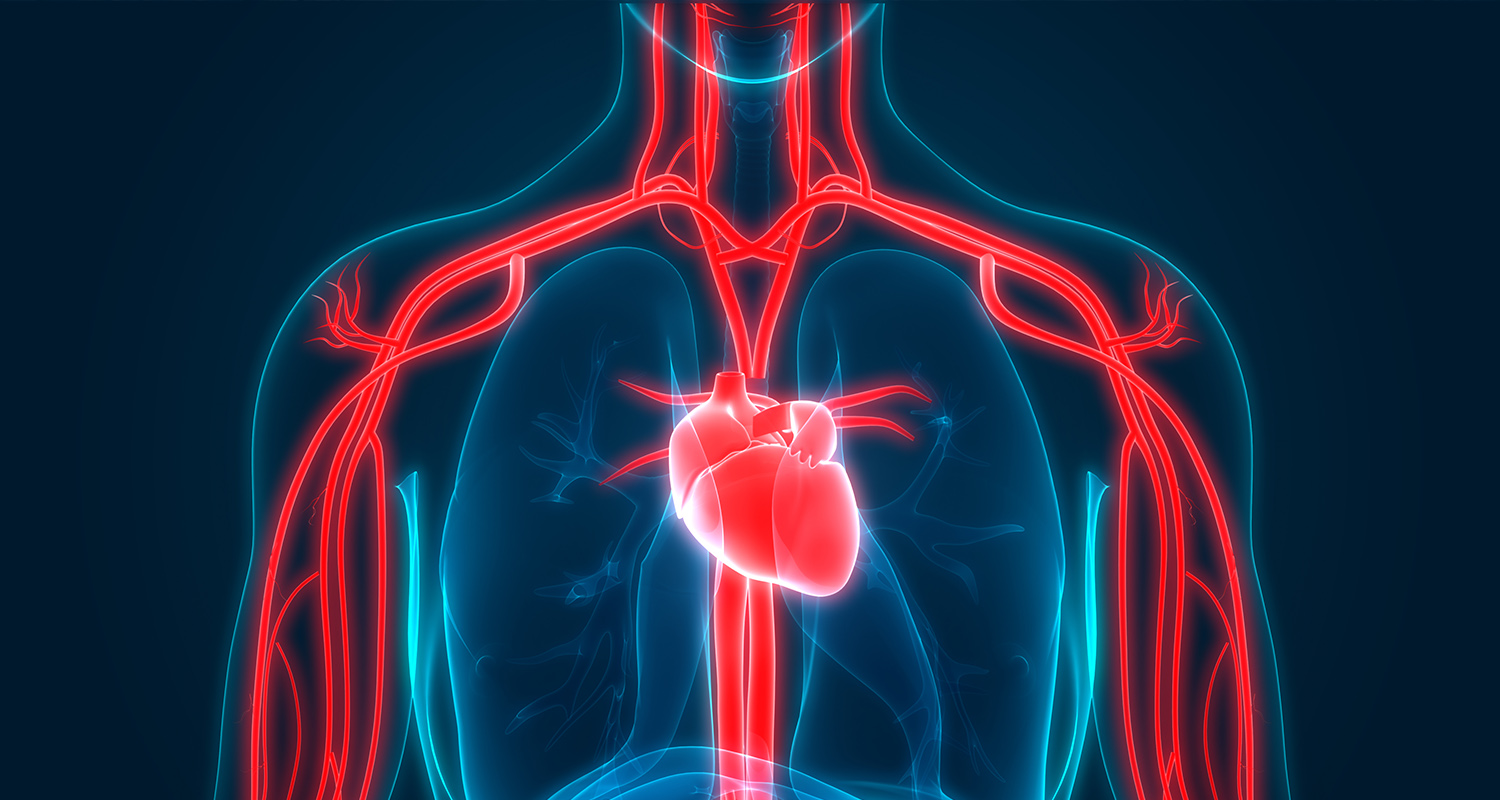 In a recent
In a recent  If you have any kind of cardio machine at home or at your gym, it’s easy to add in cold exposure. All you have to do is pick up an
If you have any kind of cardio machine at home or at your gym, it’s easy to add in cold exposure. All you have to do is pick up an 
